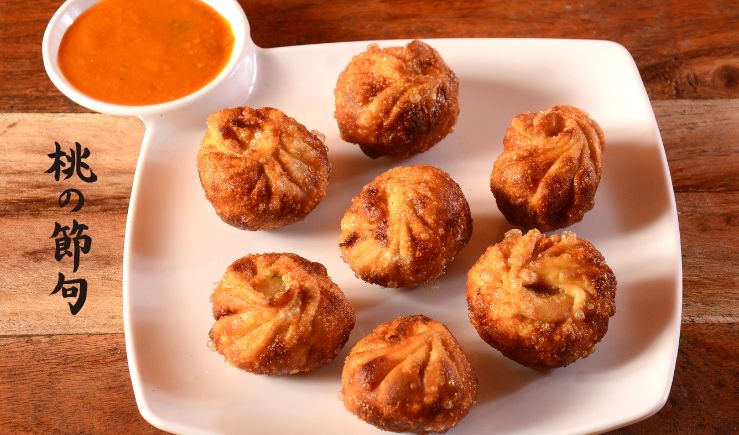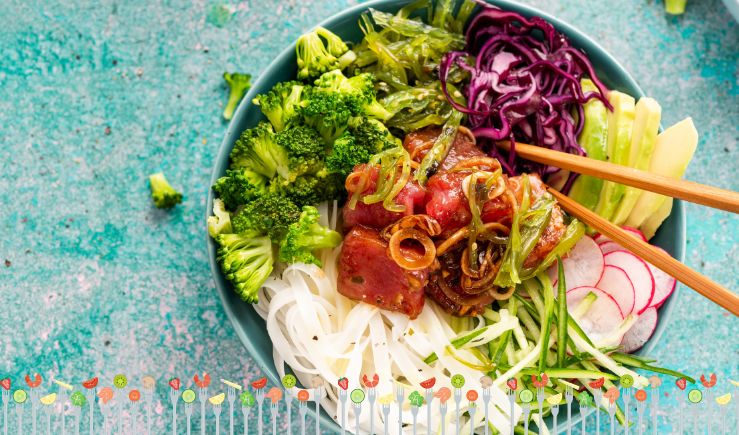Kurkure Momos : Tired of the struggle to get crispy Kurkure momos at home?
Kurkure Momos : Want Your Kurkure Momos to Be Crispier? Here Are 5 Tips for the Same Effect There are primarily two types of momo lovers those who enjoy steamed ones and then those who go for the indulgent fried variant. If you fall into the latter category, this article shall be most engaging for you. Speaking of fried momos, the very first thing that instantly strikes one’s mind is kurkure momos. This street snack indeed is a gastronomic marvel—a shell of crispiness on the outside and freshness inside. But most of the time, when you get down to making them at home, you just can’t seem to replicate those street-style flavors. Do you often find yourself in a similar situation? Well, here are some really simple tips that will help you ace this recipe in no time. Kurkure Momos Recipe: Here Are 5 Easy Tips to Make Street-Style Kurkure Momos Add cornstarch to the slurry These momos have to be dipped in a slurry before deep-frying. Usual slurry contains maida, red chili powder, garam masala, water, and salt. Add one teaspoon cornstarch the next time you make them. Cornstarch has a higher content of amylose that will ensure a crispier coating than dipping them in a maida slurry alone. Coat the Momos Well After dipping the momos in the maida slurry, you have to coat it in a dry mix of maida, cornflakes or poha flakes, and spices. The mix should coat from all sides of the momos. You will end up with soft and definitely not that crispy momos if you are not careful while doing so. Let Them Rest You know how momos should be allowed to rest for some time after coating? Most of us avoid or simply are not aware of this, which makes all the difference in your momos. On the off chance that you deep-fry the momos right after coating, there is a high chance that they will scatter because the coating didn’t get enough time to set. Always remember to wait before frying. Double Fry the Momos Kurkure momos have a crunchy feel to them due to being deep-fried. But if you want extra crispiness, then double fry them. This magic trick always works and you shall be pleased with the result. Don’t forget to preheat the oil before you start frying in it. Drain Excess Oil We know that you simply can’t wait to dig into those scrumptious-looking momos you have just prepared. But wait; it’s imperative to drain excess oil from them before you give in to the heavenly delights. If excess oil sits on your momos, then they will turn soggy within a very short period of time. Be sure to serve them after putting them first on a plate lined with thick tissue paper. Here are some tips that will help in making crispy Kurkure momos, which taste equally good as that street vendor. Enjoy your delicious creation!


